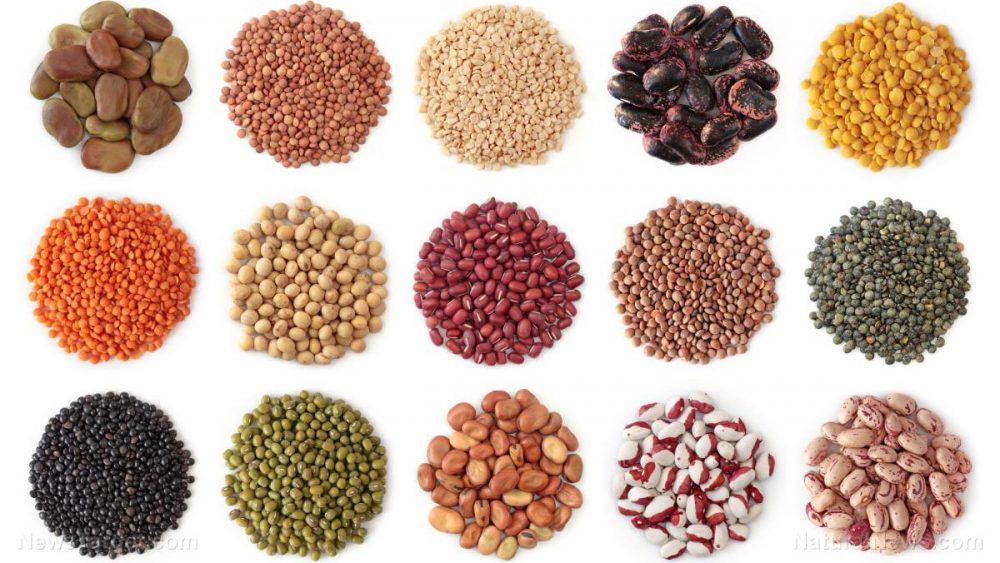
Advertisement
It is not a secret that fermented foods are immensely beneficial for gut health and total body wellness. But new research finds that fermentable carbohydrates and protein can be especially useful in correcting undernourishment and improving intestinal function. In malnourished children, it is not uncommon for gut functionality to suffer. This means their intestines are not able to digest and absorb nutrients as well — which in turn, makes their malnutrition worse.
It is truly a vicious cycle and for so many children around the world, malnutrition is a fact of life — but researchers from Imperial College London say that it doesn’t have to be that way. As it turns out, the simple legume could be the solution to malnutrition they’ve been looking for.
Fueling up with fermentable foods
Academics from ICL’s Centre for Translational Nutrition and Food Research believe that they can address malnutrition in low-to-middle income countries by improving gut function with fermentable carbohydrates and proteins.
Writing for the Imperial Medicine Blog, Dr. Aaron Lett and Professor Gary Frost explain how legumes can simultaneously help fight hunger and cure malnutrition.
As the experts note, undernourishment can become something of a conundrum: If it goes on long enough, the GI tract’s ability to absorb nutrients is compromised — making the malnutrition that much more difficult to correct. Current treatment modalities focus solely on restoring nutritional status, but fail to correct the broader issue of correcting and maintaining gut health.
However, the scientists say, legumes pose a novel solution to an international problem. Legumes are a good source of fermentable carbohydrates and protein, both of which are essential to healing a gut that’s been damaged by malnutrition. These hardy plant foods can also be grown virtually anywhere and are also a good source of many valuable micronutrients. Peanuts, chickpeas and lentils are some common legumes that are highly regarded for their nutritional profiles.
“Adoption of legume crops into the diet could maintain healthy gut function in a sustainable, long term manner, (not just an emergency fix!) reducing the dependence on rescue therapies to treat undernutrition,” Lett and Frost contend.
Other health benefits
There are many types of foods with fermentable carbohydrates, which are also sometimes known as “prebiotic foods.” Past research has shown that prebiotic foods can actually help heal leaky gut syndrome by strengthening intestinal barrier function and boosting the vitality of intestinal villi — which are little finger-like projections that line the interior cavities of your intestines.
The study also found that prebiotic fiber, like beta glucan, can help prevent inflammation, protecting the intestines from damage even further.
Prebiotic foods aren’t just good for your gut; they can also help strengthen your immune system. In addition to legumes, consider bananas, carrots, coconut, dandelion greens, garlic, onions, radishes and yams — all of which can help you meet your body’s prebiotic needs.
In addition to consuming prebiotic foods, probiotic or “fermented” foods are another healthful addition to any diet. Probiotic foods include items like yogurt, kefir, sauerkraut and kimchi, but there are many other fermented foods to choose from. Fermented or probiotic foods can also help improve gut health by encouraging and stabilizing populations of healthy bacteria in the gut.
These kinds of foods have many health benefits, with studies now linking probiotics to everything from immune system function to mental health. In fact, multiple studies have shown that probiotic bacteria can even treat depression.
Probiotic and prebiotic foods are essential to intestinal health as well as total body well-being. You can learn more about what to eat and what not to eat at Food.news.
Sources for this article include:
Advertisements







